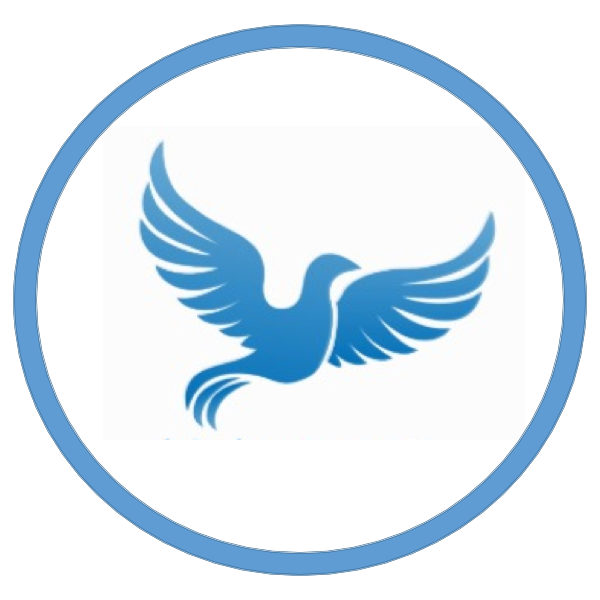Vaccination of Patients With Renal Cell Cancer With Dendritic Cell Tumor Fusions and GM-CSF
Description
Patients are being asked to participate if they have chosen to undergo a "debulking nephrectomy" (surgery to remove a tumor of the kidney, but not all of the cancer cells in their body) as a standard treatment for kidney cancer or they have tumor lesions that are accessible and are being removed to treat or diagnose their cancer.
Participants enrolled in this study will be assigned to receive a particular dose of the dendritic cell/tumor fusion vaccine cells. The dose will be determined by when they are enrolled in the study. There are two cohorts to this study. The first cohort will be given the vaccine alone. If the vaccine is well tolerated then we will proceed to the second cohort. The second cohort will receive GM-CSF in addition to the vaccine.
Tumor cells will be collected to make the study vaccine. Based on the location of the cancer, a decision will be made as to the best approach to obtain these cells.
Participants will undergo a procedure known as leukapheresis in order to obtain their dendritic cells. Prior to this procedure they will receive 1 to 2 injection of GM-CSF to help increase their white blood cell count.
If sufficient numbers of cells are obtained, tumor cells and dendritic cells will be fused (mixed) together in the laboratory and divided into the appropriate doses for administration.
The treatment will consist of 3 vaccinations of fused cells given by an injection under your skin at 3-week intervals. The first six participants will receive only the study vaccine. The remaining participants will receive the study vaccine combined with GM-CSF.
If enough vaccine cannot be made for the participant to receive 3 doses, the participant may receive only 2 doses of the study vaccine.
Approximately 3 to 4 tablespoons of blood will be collected at certain times for testing the immune system and to determine if the study vaccine has increased the immune response against the tumor cells. Weekly visits for physical exam, assessment of adverse events and safety labs will be conducted.
Regular blood draws will be done for at least 6 months following the completion of the study to follow safety labs and to monitor the immune response. Monthly physical exams will be performed following the last injection of the study vaccine. At one month, three months, and six months following the date the participant received the last study vaccine, they will have a CT scan to see if the study vaccine has affected their disease.




